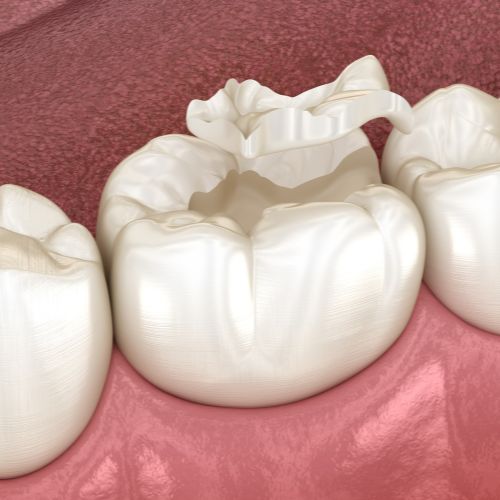What are tooth fissures?
Tooth fissures are very common. These deep pits and grooves form on the surfaces of the teeth (usually on the back molars) often appearing in young teeth- although they can cause problems in some adults who are at high risk of developing tooth cavities.
Tooth fissures are very narrow meaning that when we brush our teeth each day they can be easily missed.
Overtime, bacteria enter these tooth fissures, gradually making them grow wider and deeper. Left untreated, this can result in tooth cavities. In fact, fissures are the biggest cause of cavities in children!
Fissure sealants are an effective way to help protect these vulnerable teeth. They can be applied to young teeth and also to any permanent adult teeth which are fully matured yet in danger of developing decay.
If you think you or a member of your family could benefit from fissure sealants please contact us.
A fissure sealant preventive dentistry
A fissure sealant can significantly help to protect your teeth- preventing the need for further treatment in the future.
A sealant is a clear, plastic material which can be placed onto the surface of your teeth. This covering helps to seal the tooth- stopping any bacteria from entering.
Sealants can be applied to any tooth with pits or fissures (normally the back teeth), provided the surface is sound and not filled.
It is widely agreed that sealants are highly effective in helping to prevent decay in fissures.
Applying a fissure sealant
Fissure sealants can be applied by a dentist or dental hygienist.
Application is quick and comfortable with no need for an anaesthetic. We will prepare your tooth or teeth by cleaning it before the sealant is applied. Following application the sealant will be hardened under a special UV light- forming a protective coating over the tooth.
When is the best time to apply a fissure sealant?
A fissure sealant can be applied at any time to a baby tooth to help protect it.
In adult teeth, a fissure sealant should be applied as early as possible after the teeth have matured for the best chance of success but your Dentist must make sure that the tooth enamel is fully matured before applying any sealant.
Looking after a fissure sealant
Just like a standard filling, a fissure sealant can last for many years- provided it is looked after and checked regularly. Regular dental appointments are important so that we can pick up on any problems.
It is possible to easily repair or replace a sealant if required.
Treatment Video







